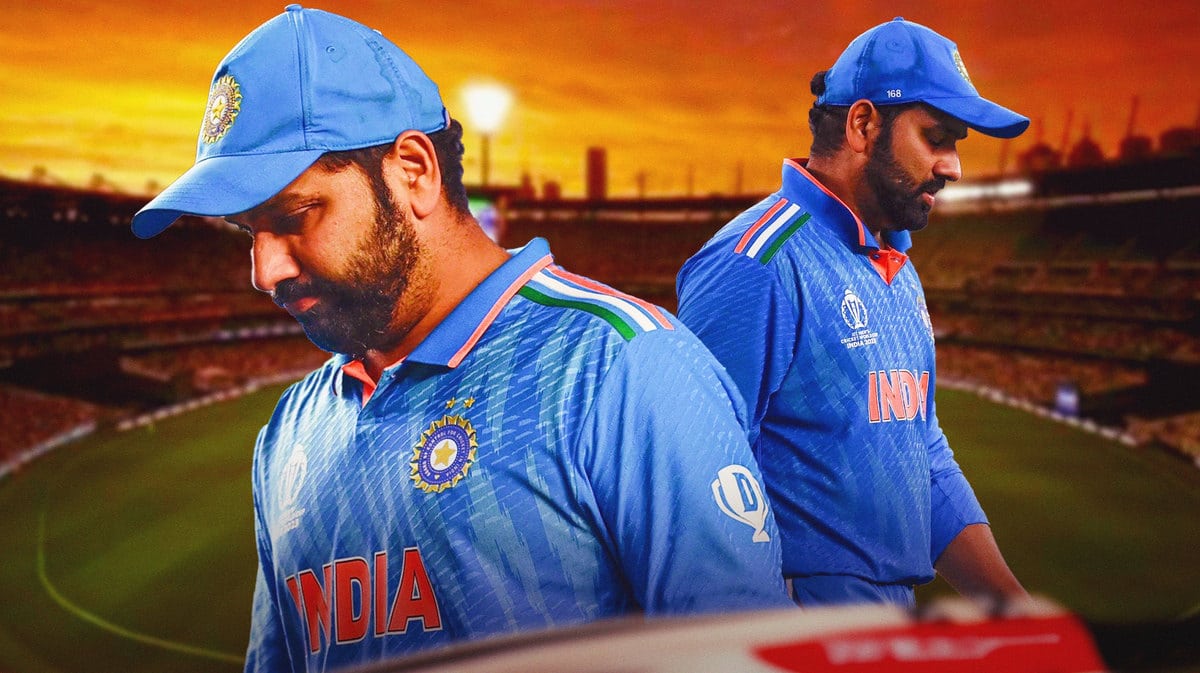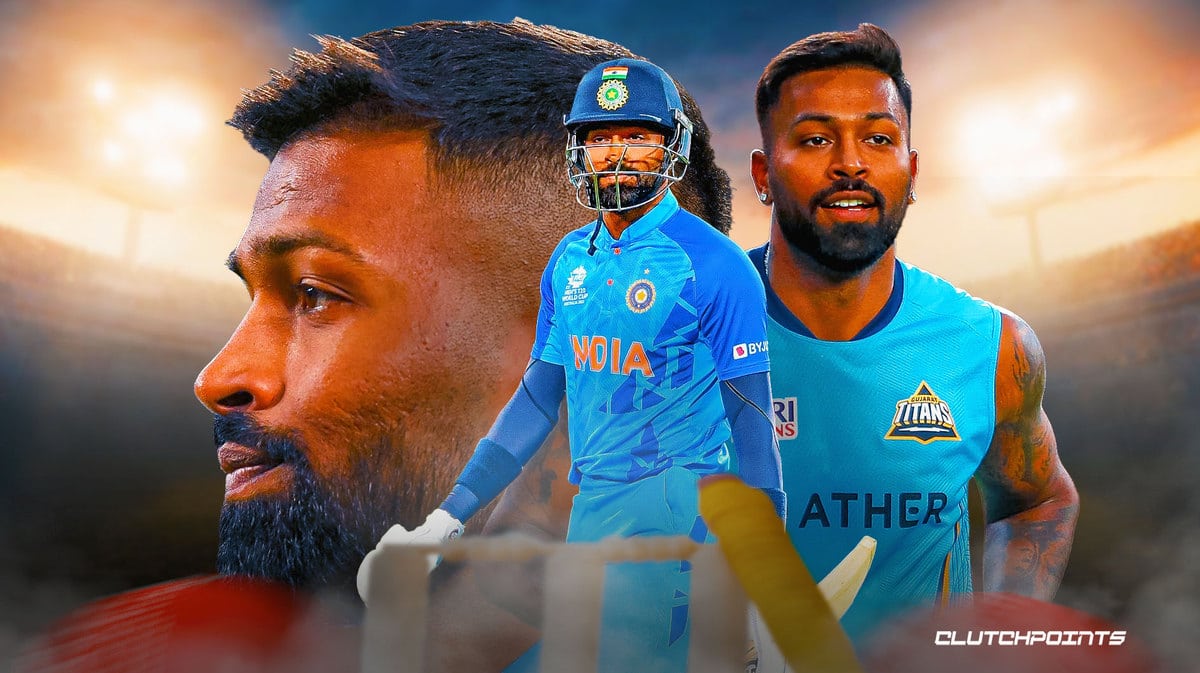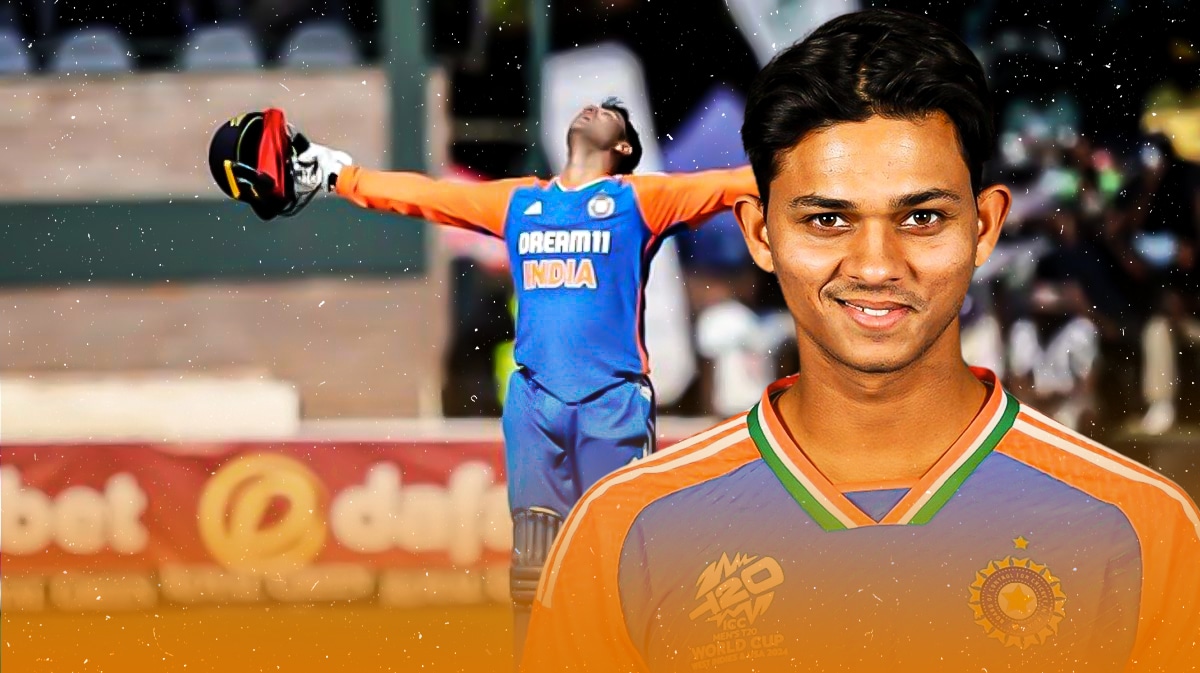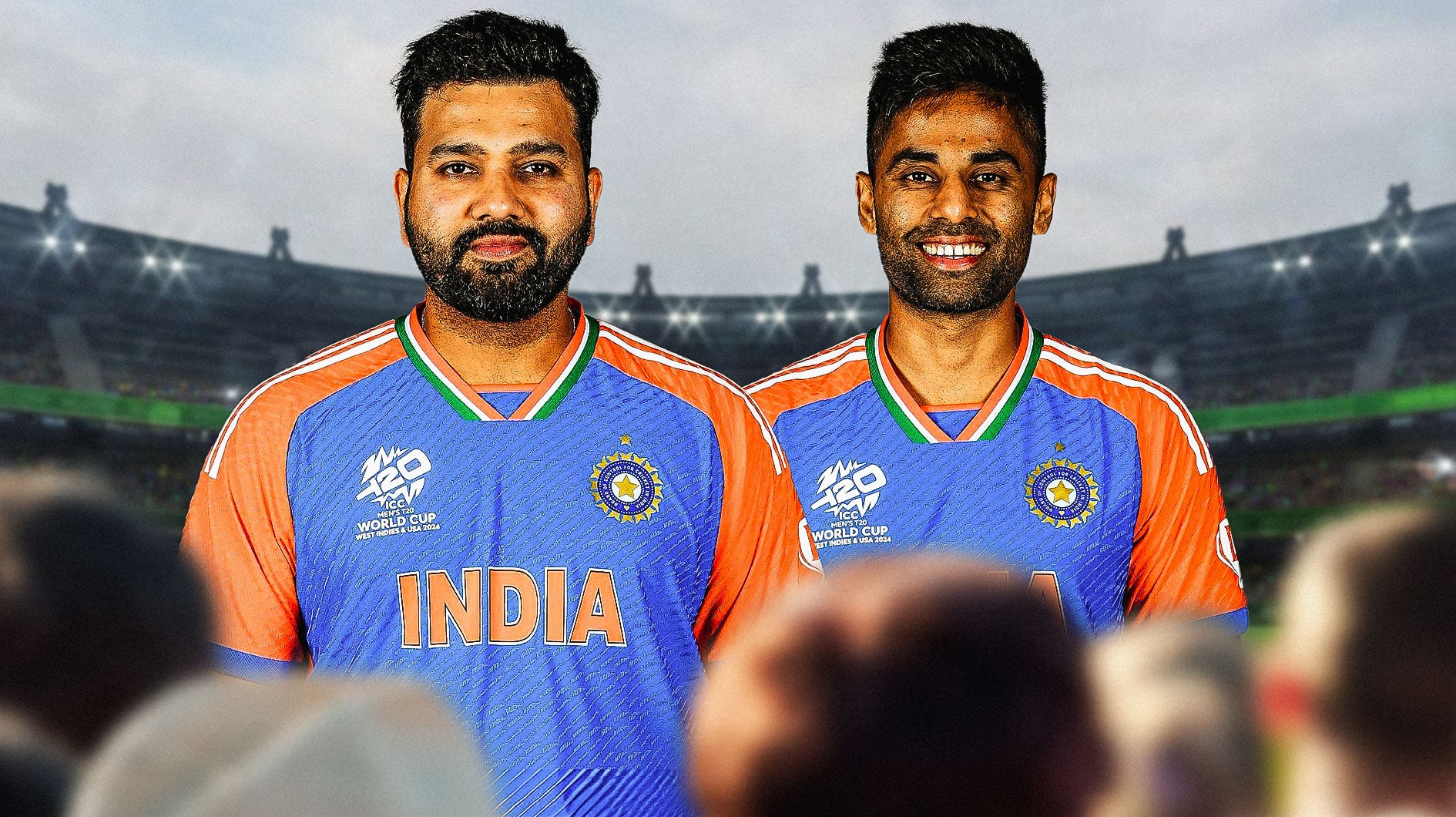The legendary Sunil Gavaskar ripped into Rohit Sharma after his “greedy” mistake cost India dearly, eventually leading to their defeat against Australia in the Cricket World Cup final in Ahmedabad.
After Australian skipper Pat Cummins won the toss and chose to field first, the Indian team got off to a flier, thanks to Rohit Sharma's ultra-aggressive approach at the top of the order.
As the 36-year-old has done throughout the World Cup, Rohit Sharma smoked sixes and boundaries at will against Australia, taking the likes of Josh Hazlewood and Mitchell Starc apart during his short but impressive knock of 47 off 31 balls.
At 1/76 and Rohit Sharma firing on all cylinders, the crowd inside the Narendra Modi Stadium was excited as India looked in complete command of the proceedings on the field.
As the Indians were running away with the match on the back of Rohit Sharma's explosive batting, a moment of brilliance turned the tide in Australia's favor.
The head-turning moment came in the 10th over, bowled by Australian all-rounder Glenn Maxwell. After Rohit Sharma took him on, smashing a six and a four off Glenn Maxwell, the India captain tried to hit another maximum.
But on this occasion, Rohit Sharma could only get an outside edge of the bat on the ball before Travis Head grabbed a brilliant catch, getting rid of Rohit Sharma for 47.
Once Rohit Sharma perished, Australian bowlers tightened the screws on a dry Ahmedabad pitch, choking the flow of runs for the Indians.
Except for Virat Kohli, who made 54 off 63 balls, no other Indian batter got going with boundaries becoming a rare commodity.
KL Rahul did try to stem the tide in India's favor but continued to struggle throughout his knock of 66 off 107 balls, perhaps contributing to the home team's eventual score of 240 in their allocated 50 overs.
Chasing a paltry 240 to claim a record-extending sixth World Cup title, the Australians found themselves in a deep hole at 47/3 with Steve Smith, David Warner, and Mitch Marsh back in the hut.
However, then came the match-winning 192-run partnership between Travis Head and Marnus Labuschagne, with the former proving extremely dangerous as he took the match away from India's reach with a sensational 137 off 120 balls.
Subsequently, Glenn Maxwell hit the World Cup-winning runs for Australia as the Kangaroos secured another victory in an ICC event, leaving India captain Rohit Sharma in tears and their millions of fans in a sea of sadness.
With India's loss “hurting” everyone, including Sunil Gavaskar, the 1983 World Cup winner criticized Rohit Sharma for not curbing his aggressive instinct.
“Travis Head's superlative turning and running back catch dashed India's hopes of getting a 300-plus score. That catch dismissed Rohit Sharma, who once again stormed his way to another quickfire 40-plus. That wicket fell in the final over of the first Powerplay where there are only two fielders allowed outside the 30-metre circle. He had already hit a six and a four in the over and was obviously trying to capitalise on the few deliveries left before the Powerplay finished. Was he being too greedy? Could he not have curbed himself since Shubman Gill had already been dismissed?”, Sunil Gavaskar wrote in his Sportstar column.
“The fifth bowler's quota for Australia was always a bit of a lottery, and this time, it worked as it not only got the crucial wicket of the Indian captain but also made the other India batters play the non-regular bowlers even more carefully, and thereby lose out on perhaps 30 runs at least. Whether those runs would have made the difference is debatable,” the ex-India captain noted.
“That said, the Australians fully deserved their win, for they came back to claim their sixth World Cup trophy after a stuttering start in the tournament. They were superbly led in the finals, with Pat Cummins taking a bold decision to field first despite winning the toss. The Australians didn't give anything away on the field, and that ‘Head catch' typified the Aussie attitude that day. Head then batted with a great mix of watchfulness and calculated assault to take Australia home in the company of the calm, unruffled Marnus Labuschagne,” Sunil Gavaskar underlined.
“There will be plenty of post-mortems about the final, but every genuine Indian cricket lover should be very proud of this Indian team. To win 10 successive matches is something very few teams have achieved. Those wins were also the most convincing and comprehensive victories, which is why the expectations were so high for the finals,” he explained.
India head coach Rahul Dravid did not share similar thoughts to Sunil Gavaskar's views. Instead, he lauded the Nagpur-born cricketer for his exceptional leadership and explosive batting during the World Cup.
“I think he has been an exceptional leader, always felt he's led this team fantastically well. He's given so much of his time and energy in the dressing room to the boys. There's been a lot of planning, a lot of strategy, he's always committed to those things.”
“His batting as well, I thought it was fantastic the way he set the tone for us. We knew that we wanted to play a certain way, we wanted to play a positive, attacking brand of cricket, and he was very committed to doing that. He wanted to lead by example, and I thought right throughout the tournament he was superb. Can't speak more highly of him, as a person and a leader.”
“I won't agree that we played with fear. We had 80 runs in 10 overs. We had lost wickets, and when you lose wickets you have to change your strategy,” Rahul Dravid said at the post-match press conference.
“We haven't played any fearful cricket in this final. In the middle overs, they bowled really well and we had lost three wickets. So a period of consolidation was needed, and every time we thought we could get on the attack, we would lose a wicket,” he pointed out. “If you lose wickets, you have to rebuild. We didn't set out to play defensively.”
“Just felt like the ball was stopping in the afternoon a little bit more than it did in the evening. It felt like the ball came on to the bat a lot better in the evening. There was that period where the ball was stopping and we weren't able to get boundaries. We were able to rotate the strike but we weren't able to get those boundaries.”
“If we had got to 280-290 and they were 60 for 3 then it might have been a very different game. But 240, I think they were always one partnership away from getting there.”
“I've been involved in three… and I think we haven't played really well on the day. I thought we were a bit short in Adelaide, in the semi-final [of the T20 World Cup, against England]. We lost the first day in the World Test Championship [final]. We didn't bowl particularly well after Australia were three down. And here we didn't bat well enough.”
“There's not one particular reason you can pin it down to. I didn't feel at any stage going into this game that there were any nerves or the guys were intimidated by the game. I thought the energy and the mental space the boys were in leading into this particular game was spot on.”




















